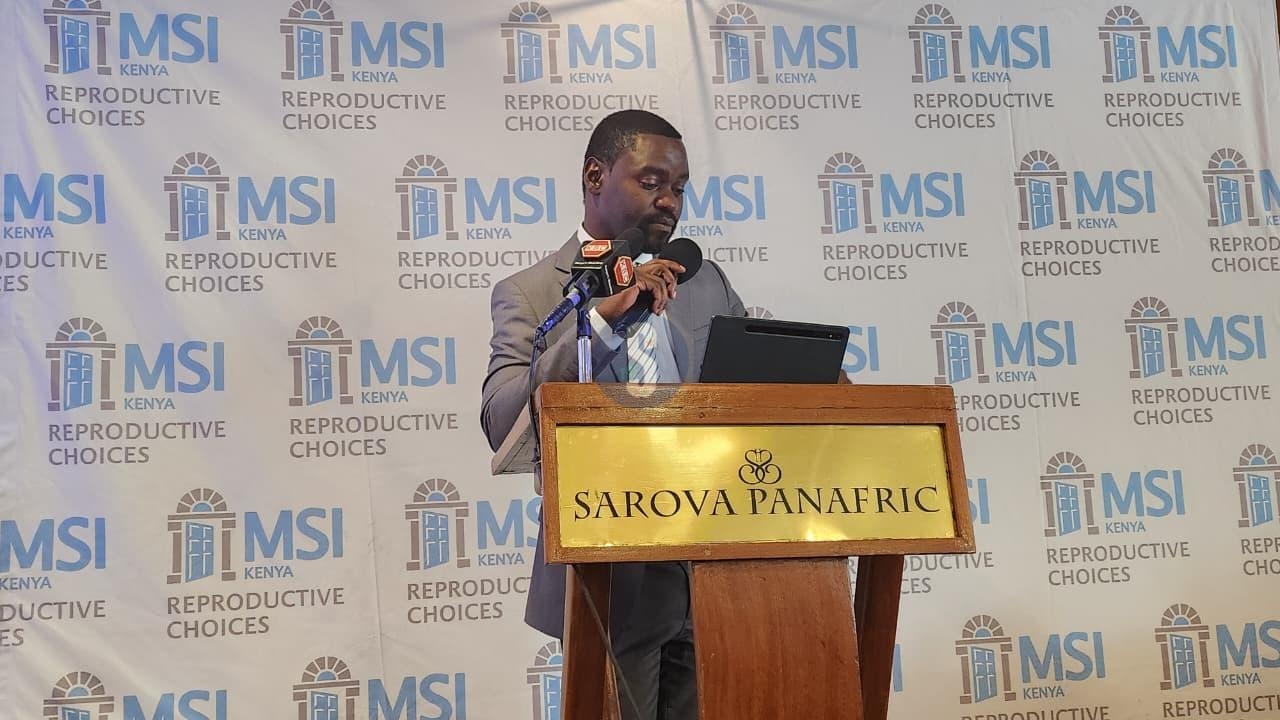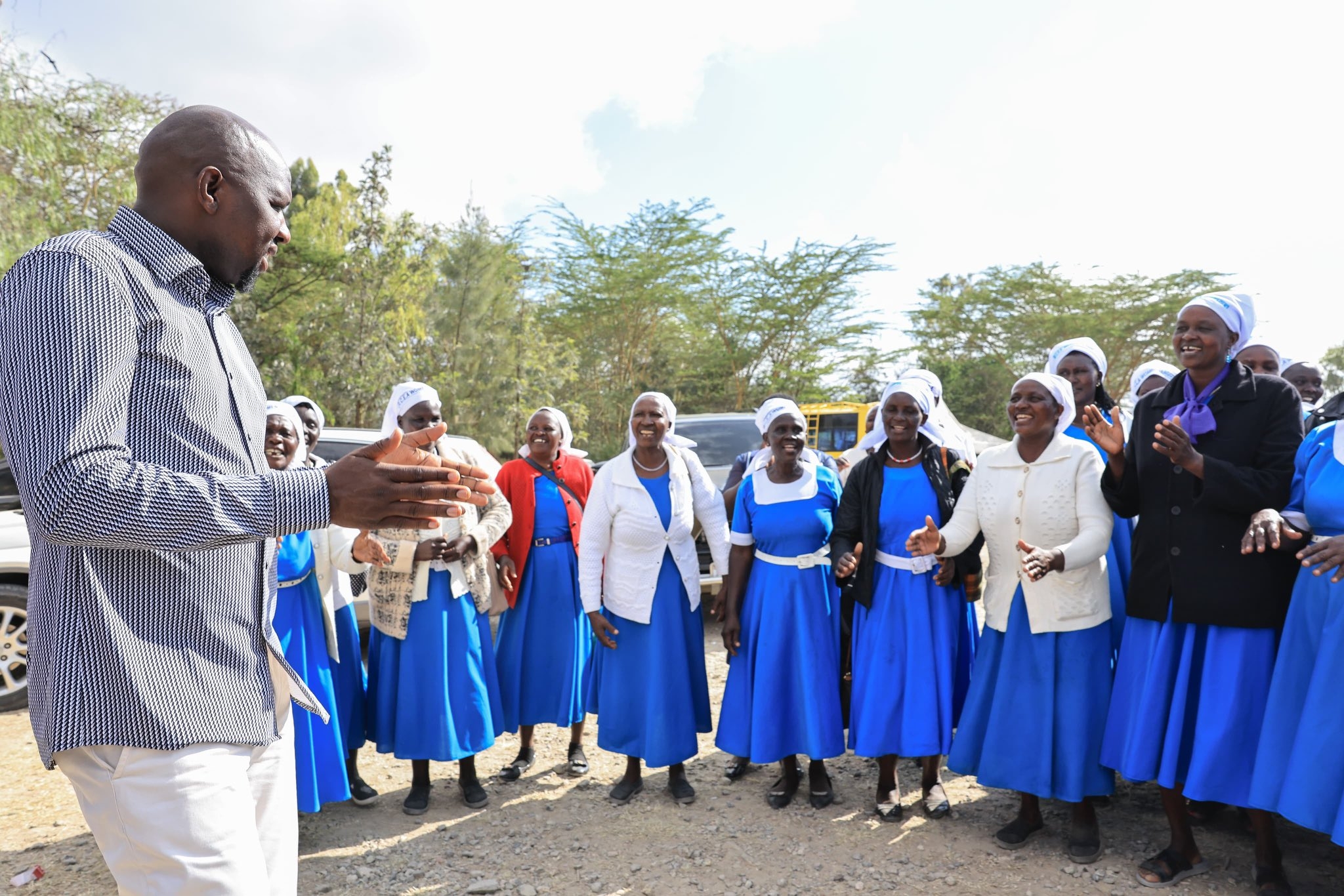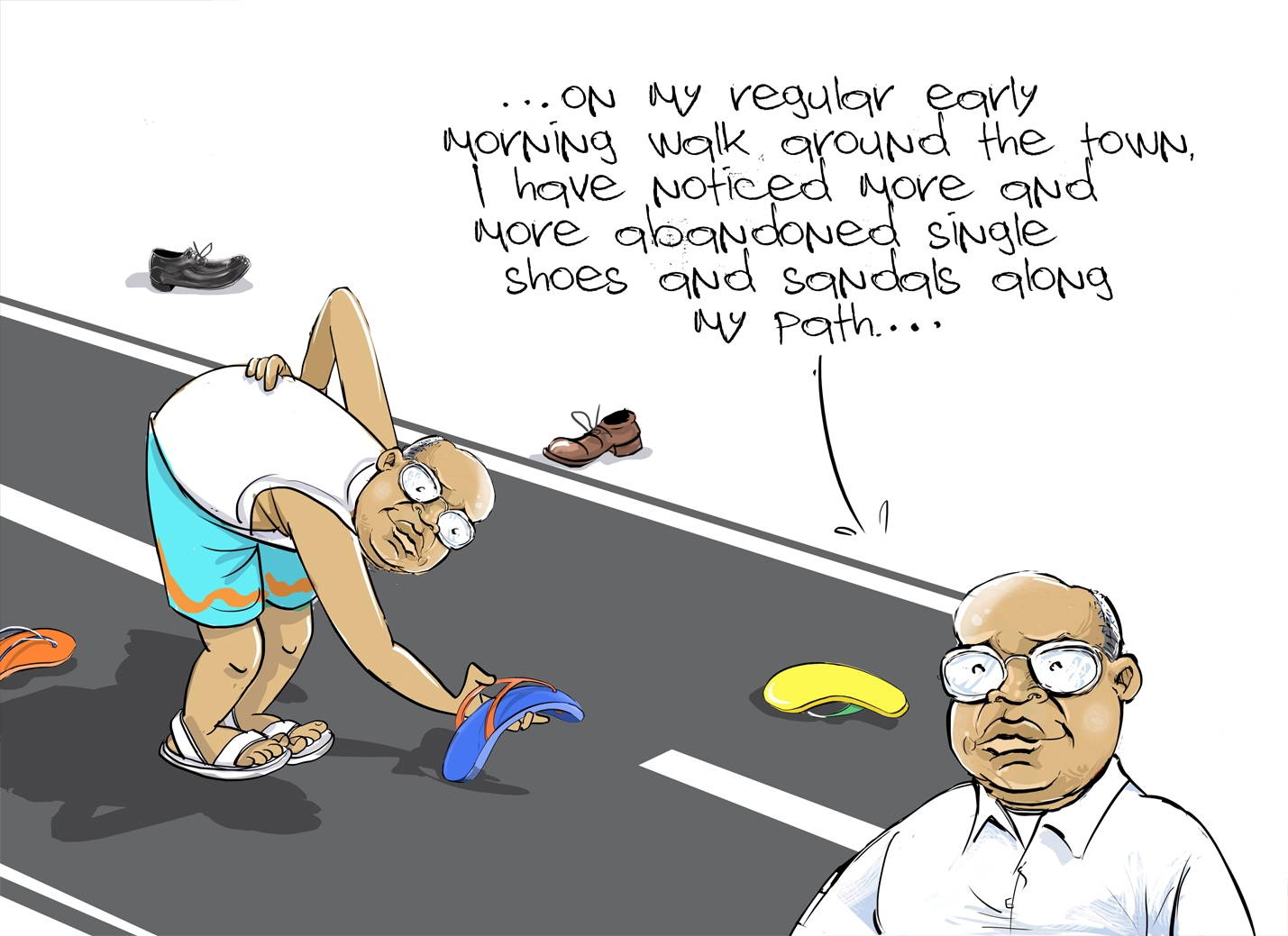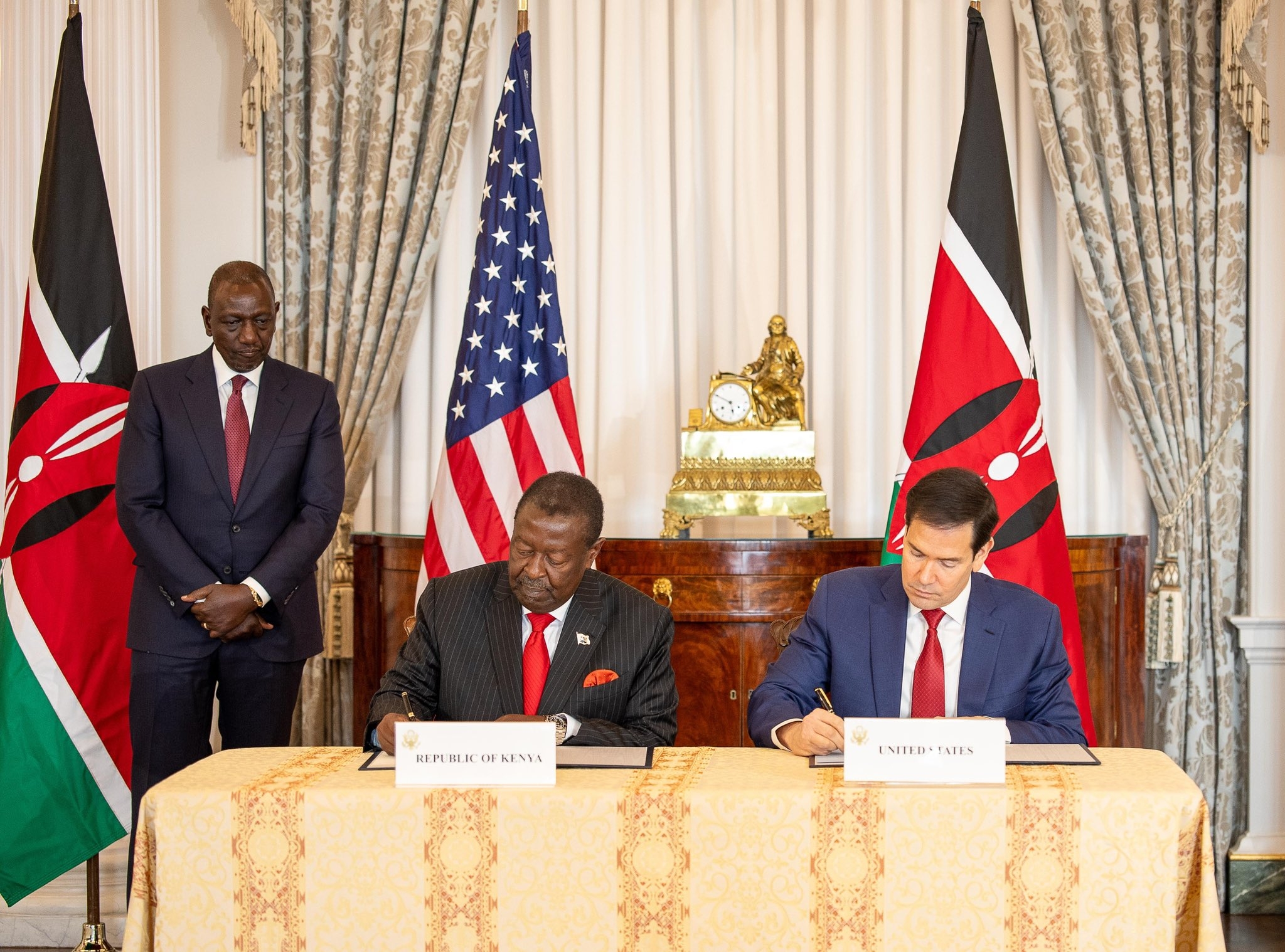

Our adolescent sexual and reproductive health outreach, which previously reached schools and youth centres, has been reduced in scale!
These were the words of a respondent who spoke in a new survey by the Partnership for Maternal, Newborn and Child Health which was released on October 20, 2025
“There is growing uncertainty among staff, youth leaders, and communities.” the respondent said.
The comment in the Survey captures the anxiety gripping hundreds of organisations as sexual and reproductive health and rights (SRHR) programmes bear the brunt of a worsening global funding crisis.
The PMNCH survey which covered 103 partner organisations across Africa, Latin America, and South-East Asia, paints a grim picture of halted outreach, layoffs and shrinking advocacy spaces amid waning donor support and political resistance.
“The most critical cuts have been in sexual and reproductive health and rights programming,” one partner within the survey said.
“Safe abortion, comprehensive sexuality education, and youth-led advocacy have had to scale down due to restrictions on content, reduced funding, and sociopolitical pushback." the partner noted.
According to the survey, 89 per cent of partners faced reduced or uncertain funding in the past year, while 81 per cent reported moderate to severe impacts on advancing women’s, children’s, and adolescents’ health goals.
Sixty-two per cent reported on the downsized programmes, 37 per cent had temporarily suspended activities, and 19 per cent had permanently closed initiatives.
Nearly 80 per cent of the respondents interviewed said flexible, core funding was their top need to navigate uncertainty.
“This is not just a financial crisis — it’s a human one,” said PMNCH Executive Director Rajat Khosla.
Khosla said as funding dries up, frontline organisations are being forced to scale back or suspend services that millions of women and children depend on.
"The world cannot afford to lose this momentum.” Khosla said during the unveiling of the findings. For many partners, the cuts have led to an abrupt breakdown in community trust.
“On 31 January, we were instructed to stop implementation with effect from 1 February,” one respondent said.
“The sudden halt not only affected direct service delivery but also undermined the trust built with communities and government counterparts.”
Some organisations within the survey said mobile health clinics were reduced “from three days to one,” limiting outreach to pregnant women and disrupting vaccination drives.
Others reported that training sessions were halted and technical support to ministries of health suspended.
“We have not been able to create and promote new health education content or train additional Ministry of Health staff,” one respondent said.
The health workforce is among the most affected sectors. Midwifery and nursing institutions reported programme closures, staff reductions, and curtailed training due to lack of funds.
“Several midwifery associations at the national level immediately closed programmes and training,” a respondent said.
“Quality improvement and system-strengthening initiatives have been affected through reduced funding for existing and new programmes.”
Respondents also warned that the shift from long-term, community-based initiatives to short-term, outcome-specific projects is undermining sustainability.
“Donor funding has moved away from long-term community engagement. This change erodes trust and limits meaningful participation.”
Women’s health, maternal care, and gender-based violence prevention programmes have also been disrupted, alongside research and development initiatives crucial for supporting new models and innovations in health.
The crisis has extended to advocacy. “Funding cuts have led to a reduced number of staff who are able to engage in advocacy both at the global and national level,” one advocate said.
Youth-led organisations noted that awareness campaigns, workshops, and community outreach “have been reduced in scale, suspended, or shifted online,” restricting their impact.
Respondents fear that limited youth engagement will silence young voices in shaping future health policies.
“This disruption has limited opportunities for adolescents and youth to actively engage in shaping healthier policies,” one said, noting that such participation is essential in tackling issues like tobacco, alcohol, and e-cigarettes.
Despite the widespread disruption, PMNCH partners remain resilient and eager to adapt. They identified flexible core funding, capacity strengthening, and joint advocacy as key strategies for survival.
“It would be good to collaborate more with partners to help countries become less dependent on external aid,” the report read.
Grassroots organisations say the most vulnerable adolescent girls and children in rural and low-income communities are being hit hardest.
“As a grassroots NGO working in rural and tribal areas, we see adolescent girls and children most at risk,” one respondent said. “To sustain and expand our programmes, we need stronger pooling of local and international financial support.”
PMNCH Board Chair Helen Clark said the findings are a wake-up call for global leaders to protect essential health services.
“Partners are calling for solidarity, not charity,” she said. “They know what works. What they need are the resources and political space to keep doing it.”
Khosla echoed her call, warning that every funding cut risks reversing years of progress. “Every delay undermines the health of women, children, and adolescents,” he said. “Sustained investment and coordinated action are essential to ensure that no one is left behind.”

















